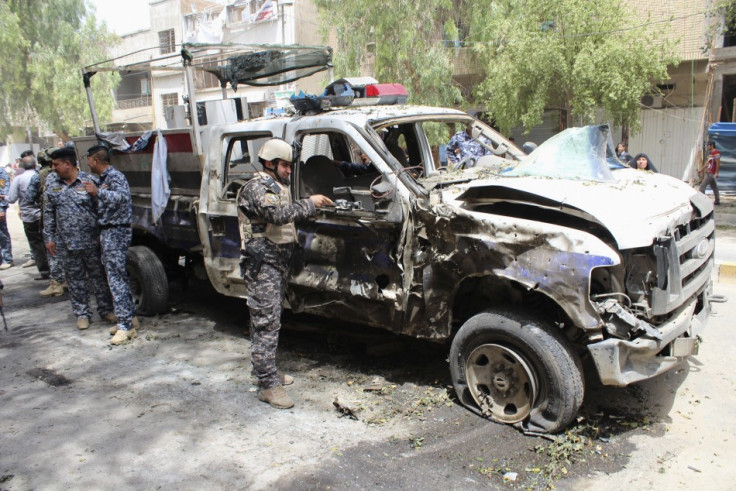Iraq Violence Killed More than 1,000 in May - UN

Continuing violence in Iraq, mostly sectarian, claimed more than 1,000 lives in May, says the UN, making it the bloodiest month since the 2006-07 sectarian conflict in the strife-torn country.
The UN said at least 1,045 people were killed and 2,397 injured in attacks across the country.
"That is a sad record. Iraqi political leaders must act immediately to stop this intolerable bloodshed," the UN envoy in Baghdad, Martin Kobler, said.
The volatile situation in Iraq has yet again raised fears that the country could be pushed into a fully fledged civil war.
In April too, hundreds of people were killed, with local reports putting the death toll at nearly 700.
Only a week earlier, a series of car bombs ripped through Baghdad, killing dozens in busy markets and shopping areas.
The Shiite-led government has been struggling to contain the Sunni insurgents and local al-Qaida militants.
The recent tensions also highlight the steady rise of insurgents in the wake of the departure of American troops from Iraq by the end of 2011.
During 2006 and 2007, when sectarian violence was at its peak, as many as 3,000 people were killed in a month.
Iraqi Prime Minister Nouri al-Maliki recently said that the Sunni Islamist fighters "will not be able to bring back the atmosphere of civil war".
The recent upsurge in violence is taking place despite the government's implementation of fresh security strategies, including the release of Sunni fighters and improved pay for anti-al-Qaida forces.
The ongoing conflict in neighbouring Syria, which is also largely turning into sectarian violence, has been a strong contributory factor to the deteriorating Iraqi situation.
© Copyright IBTimes 2025. All rights reserved.





















